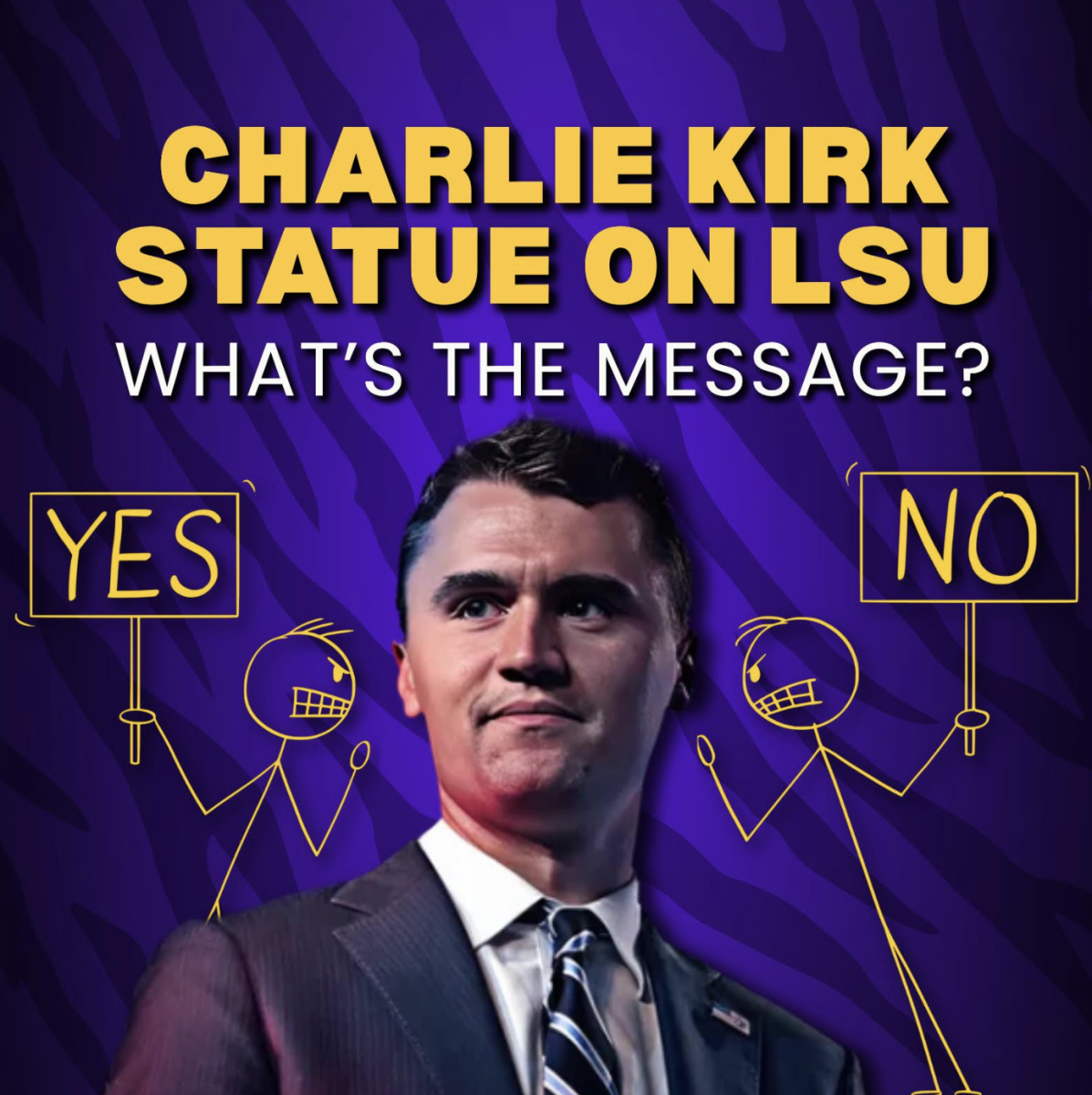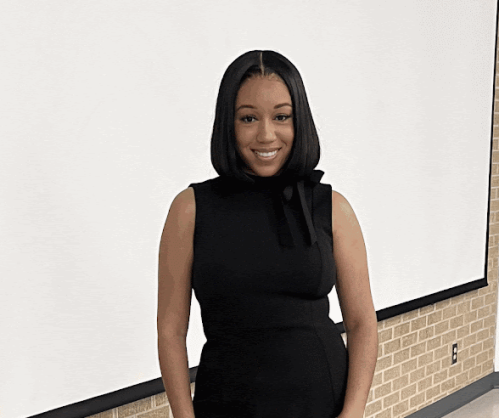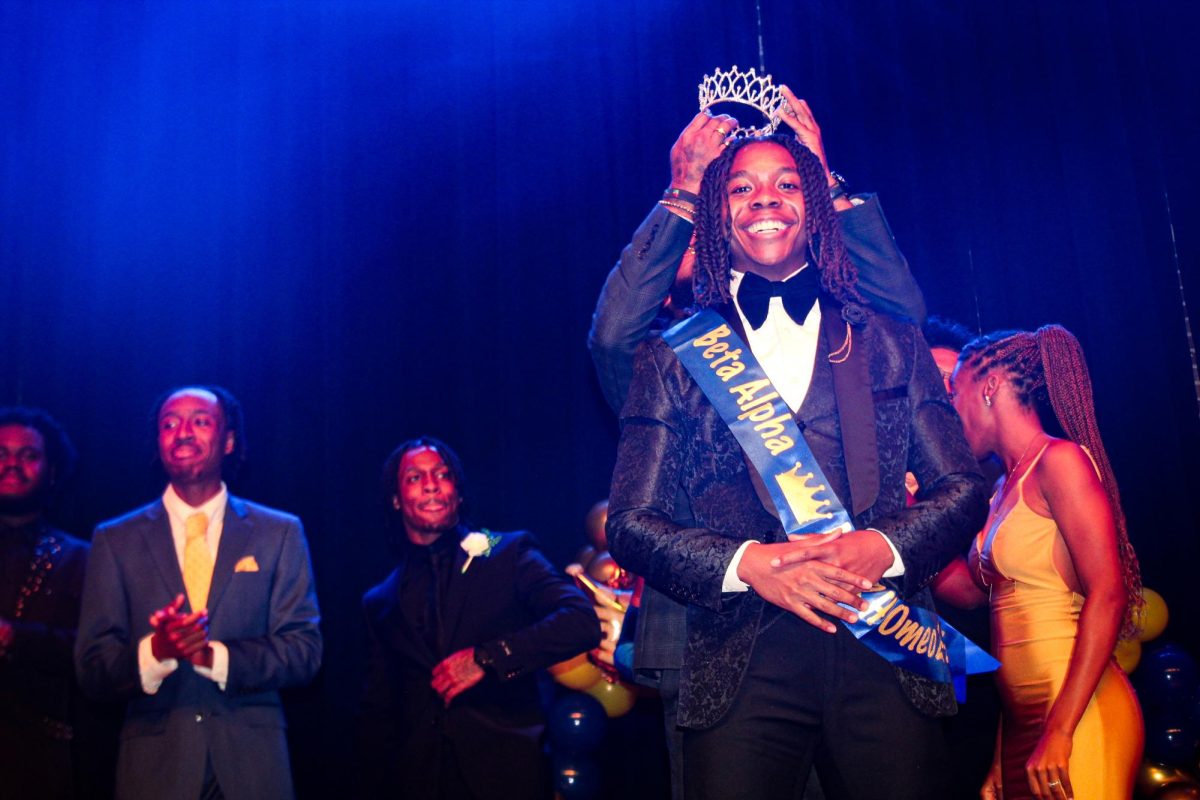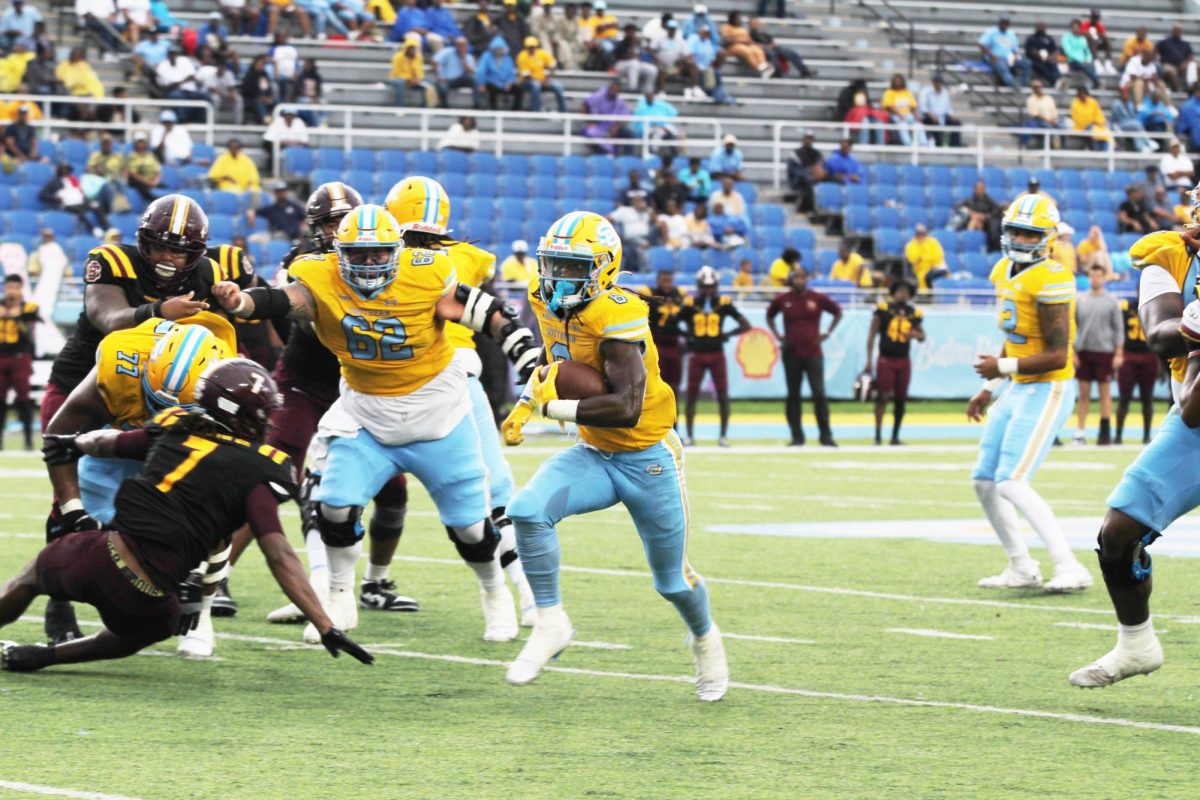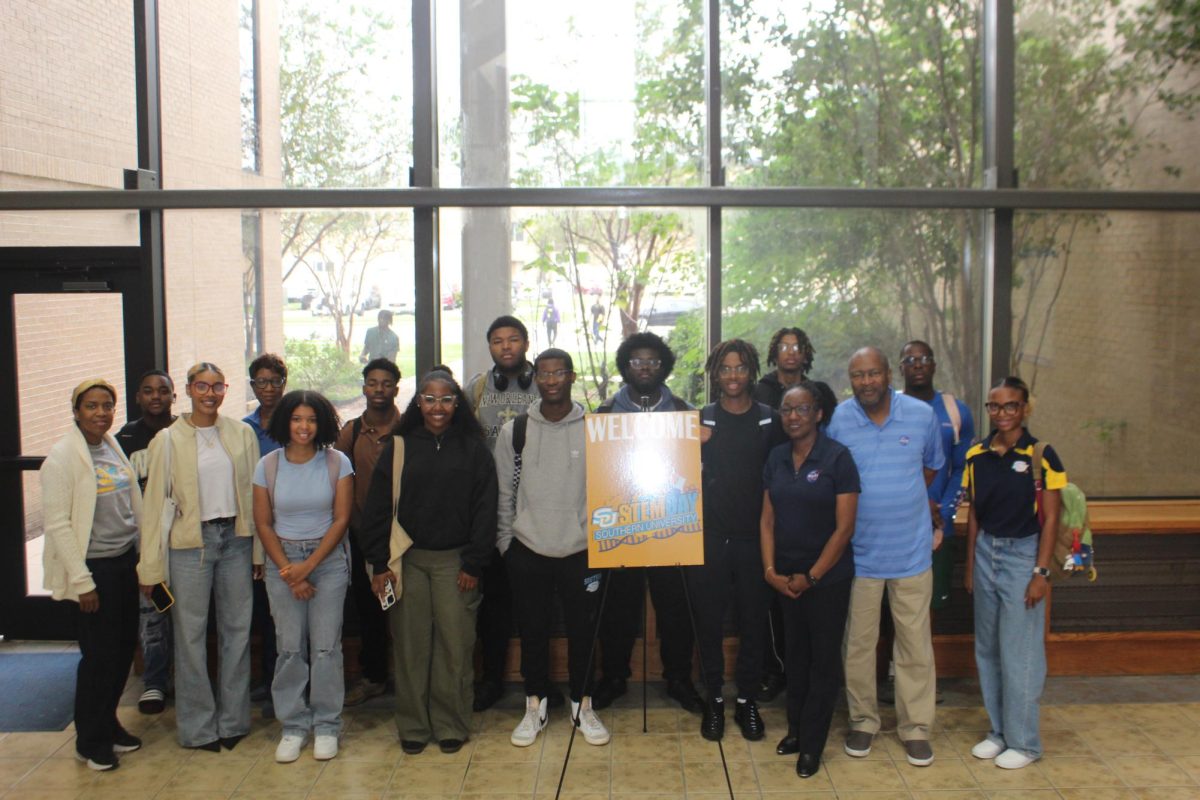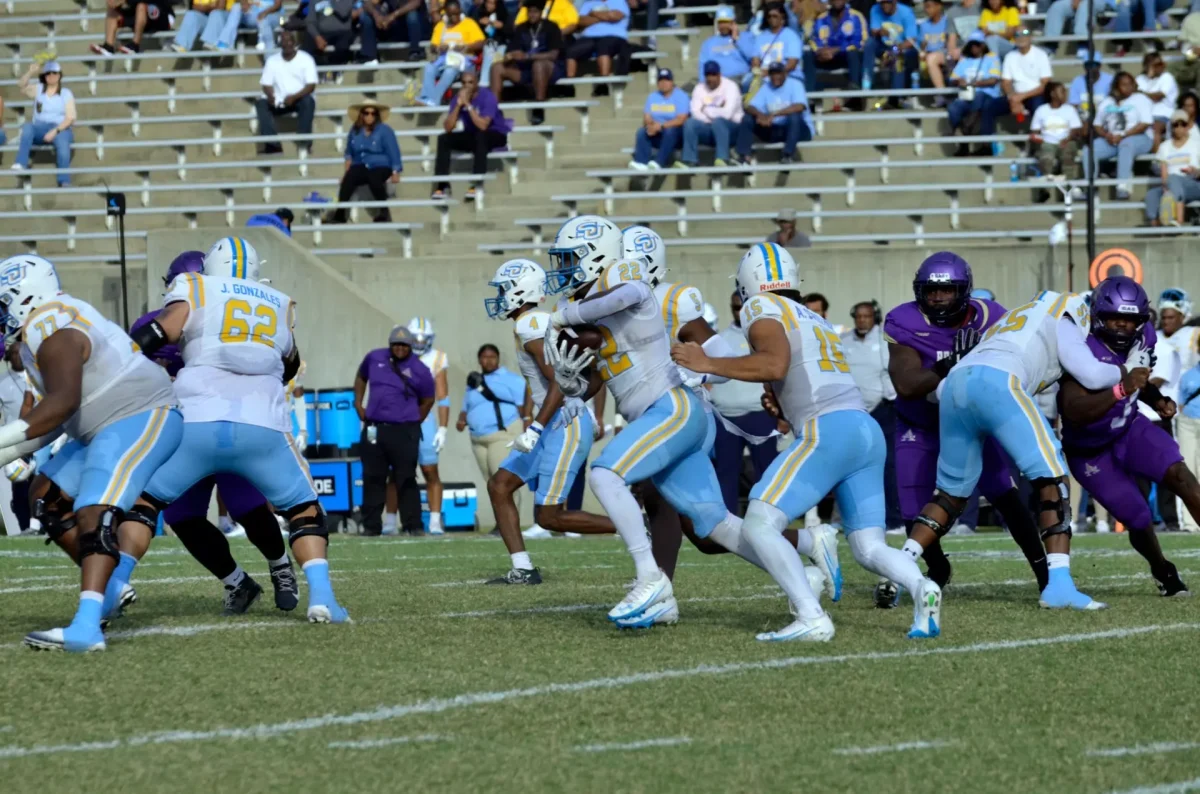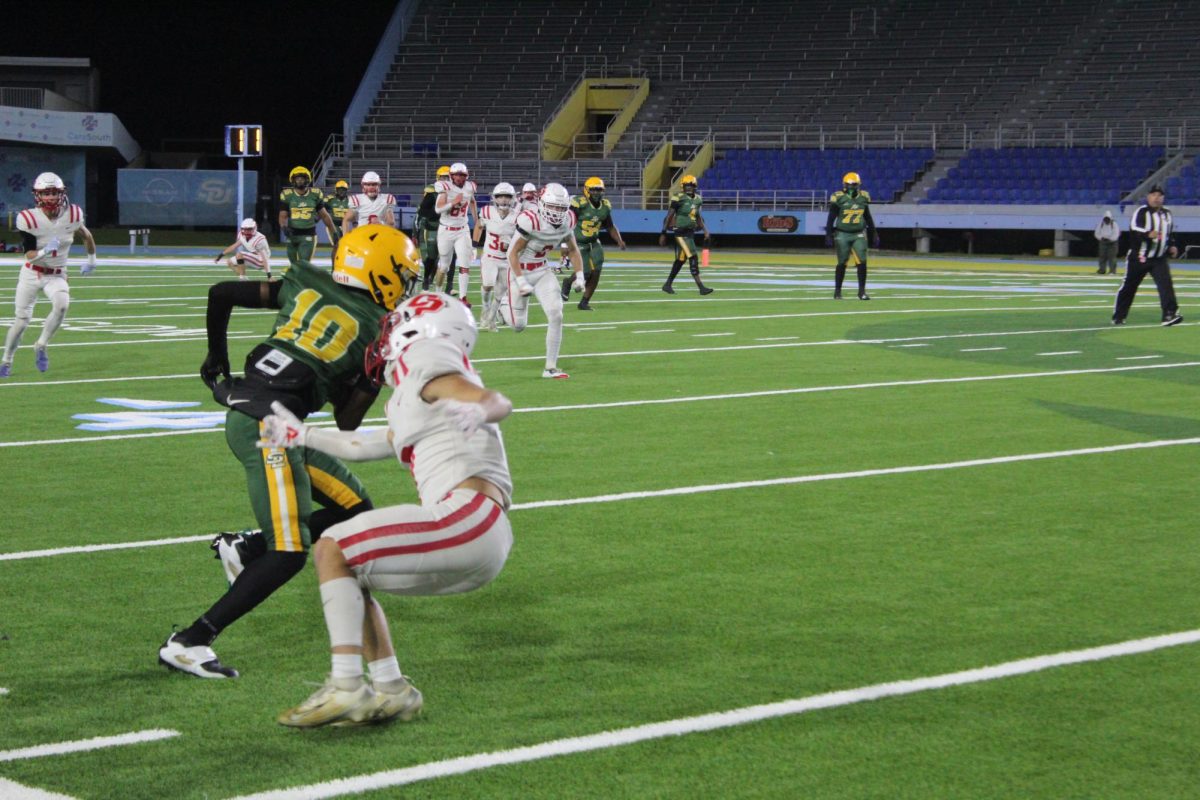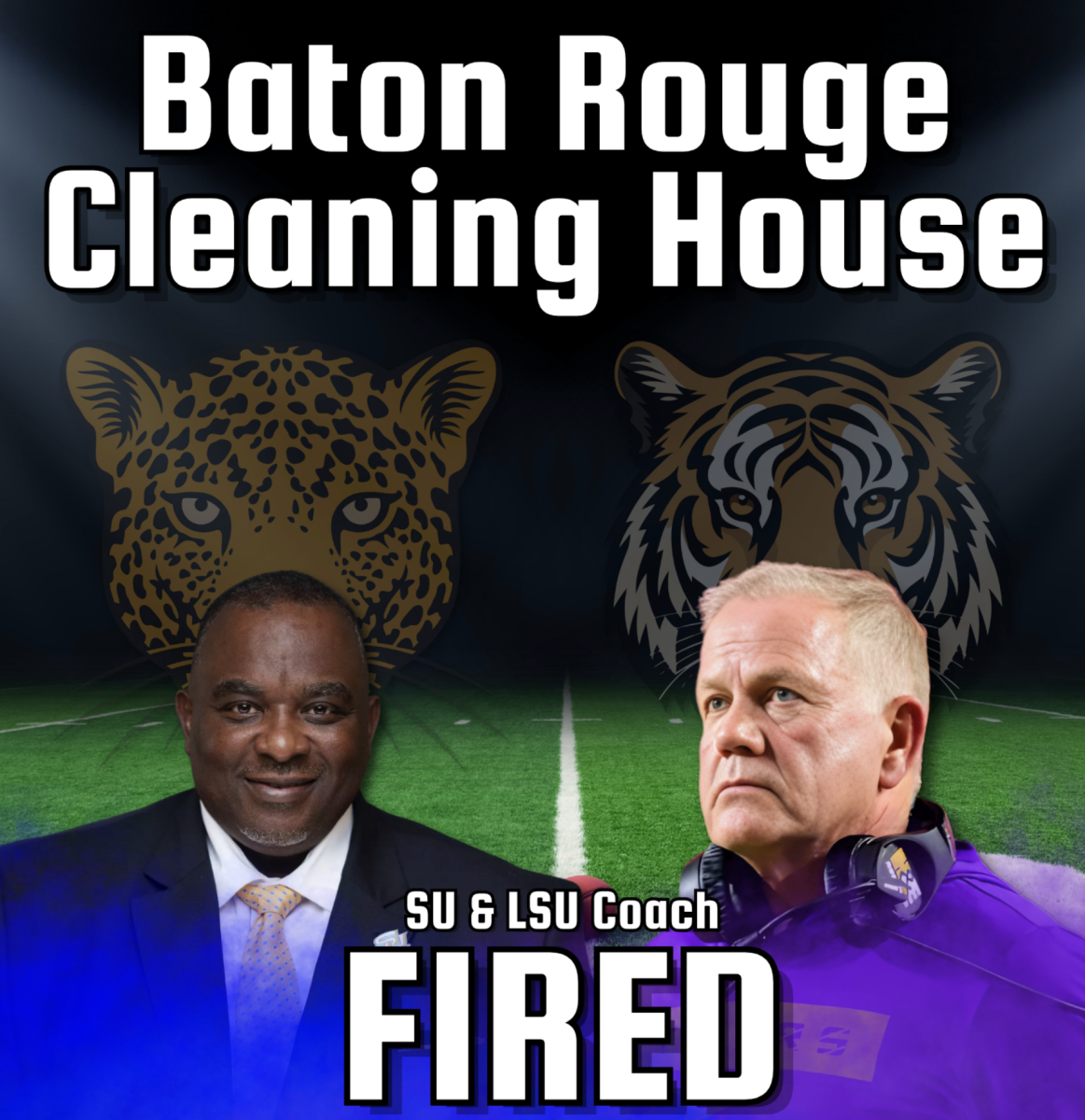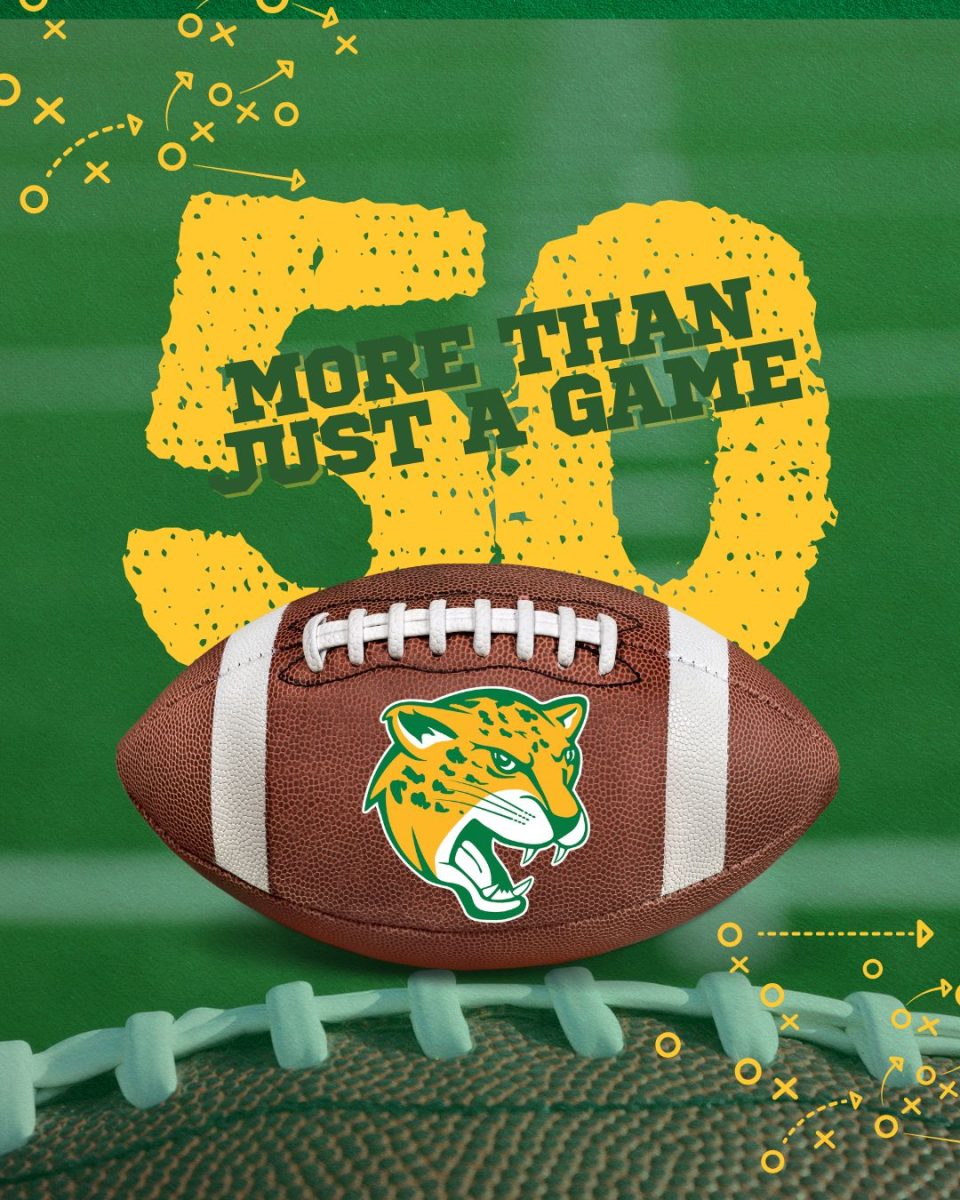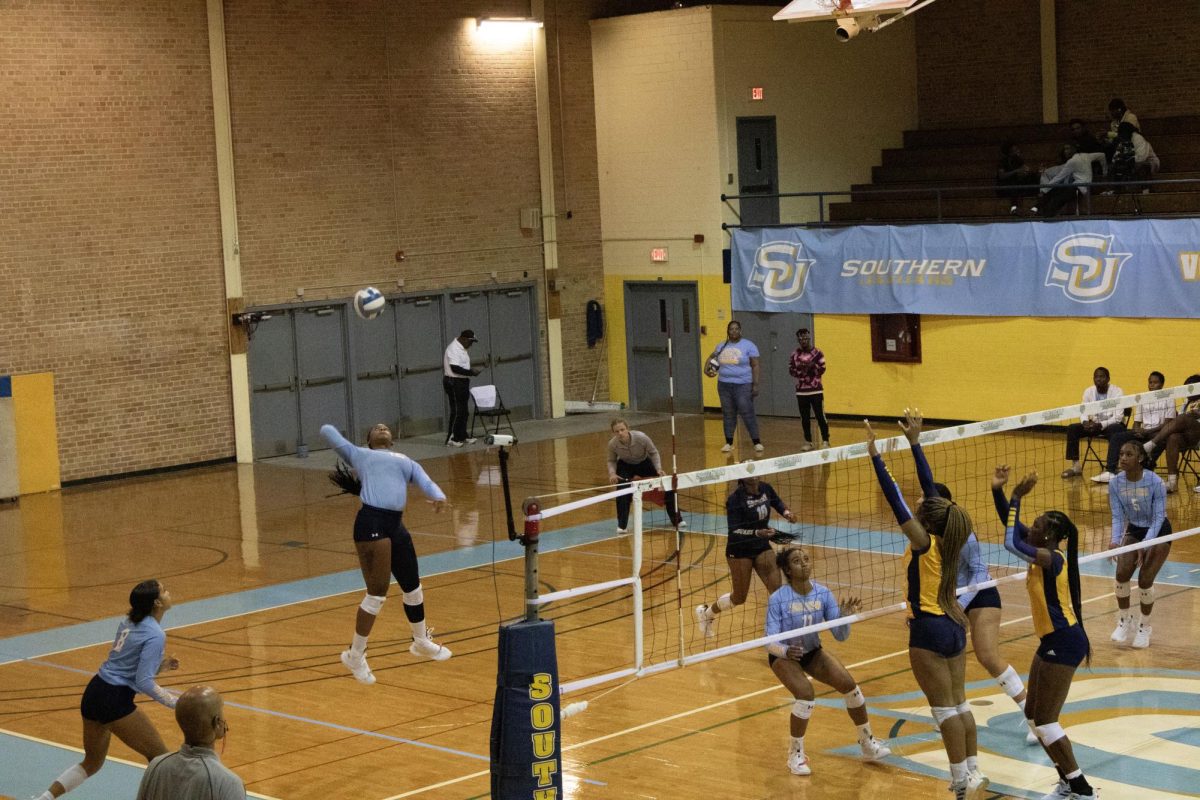Beginning in 2005 over a concern of many high school players and young college players being unprepared for the NBA, the professional association implemented its One-and-Done rule.
This rule establishes regulations for prospective NCAA basketball players that blocks them from entering the NBA Draft until they are 19 years of age and have completed one year of college, or in the case of some players, such as Kristaps Porzingis, played professionally overseas.
For many, this rule made during the David Stern-era of the NBA has been linked to the fall of college basketball as we know it.
In my personal opinion, however, if the student athlete believes that they are good enough in their craft to do it professionally, then who is the NCAA to stop them?
The problem that the NBA was facing prior to 2005 was that not every player was as good as Kobe Bryant or Lebron James, but every kid that averaged 20 and 10 in high school thought that they were. This led to an overabundance of role players with superstar mentalities. The truth is that the majority of the players drafted every year will never even sniff an All-Star game, let alone an NBA Finals. Those are the players that were being drafted high off of hype, and became known as busts because they were underdeveloped, or simply not good enough by NBA standards to be leading an elite level basketball organization.
From the NCAAs standpoint, however, the One-And-Done Rule presented college coaches with a new-age method of recruiting.
Coaches such as John Calipari of Kentucky and Mike Krzyzewski of Duke realized that they could build their entire recruiting program based off the principle that the best players in the sport want to make it to the NBA as soon as possible.
The negative with this recruiting method is that it does the same principle thing as the previous rules established prior to 2005. By this, I mean that while student-athletes were given more time to develop, one year would not change a bad player into a potential superstar.
Regardless, the student athletes were put in a position where the talent that they wanted to take to the professional leagues was forced into the hands of the corrupt industry that is the NCAA.
This business known as the NCAA profits off the backs of young, potentially superstar players who, because of the One-And-Done Rule, have no other choice than to participate in the NCAAs junior basketball monopoly.
By essentially forcing the best players in the world to highlight their talents on a non-NBA platform, the NCAA was able to effectively and efficiently generate their own basketball league in which the entirety of the profits went to the corporation.
In the case of the NBA, there is a mutually agreed upon set of terms that dictates how much of the league’s profits will be shared among the players and league itself. With players being considered ineligible to play if they accept money while in college, all of those profits in turn go to the NCAA.
So, should the One-And-Done Rule be destroyed and should the players be allowed to go to the NBA whenever they please? The obvious answer to me is yes. While the opportunity to highlight your talents on a national spotlight is a grand one, the ultimate goal of making it to the NBA takes precedence over whatever sentimental sense of accomplishment college athletes think the college game will afford them. You are going to provide free-labor to a corporation which exploits your talent and image in ways that you cannot within the confines of the NCAAs own ineligibility rules.
To prospective and current college athletes: You should be able to chase your NBA dreams at whatever age or level you deem best for yourself, whether that be as a high school senior, or a college graduate. But the ability of a preceding body of governors able to decide when and how legal adults can choose to make money at their craft is not only borderline-unlawfully inhibiting, but morally unsound.
College basketball will be around forever, as will the NBA. The honest, reality, however, is that the student-athletes health and bodies can be compromised at any time in circumstances beyond anyone’s control. So, if those kids are capable and willing to do what’s necessary to become financially stable and secure a comfortable future for their families, then that is what they should be able to without restriction from the NCAA.
Categories:
Is It Time for the One & Done to Be Gone?
March 13, 2018
0
More to Discover




